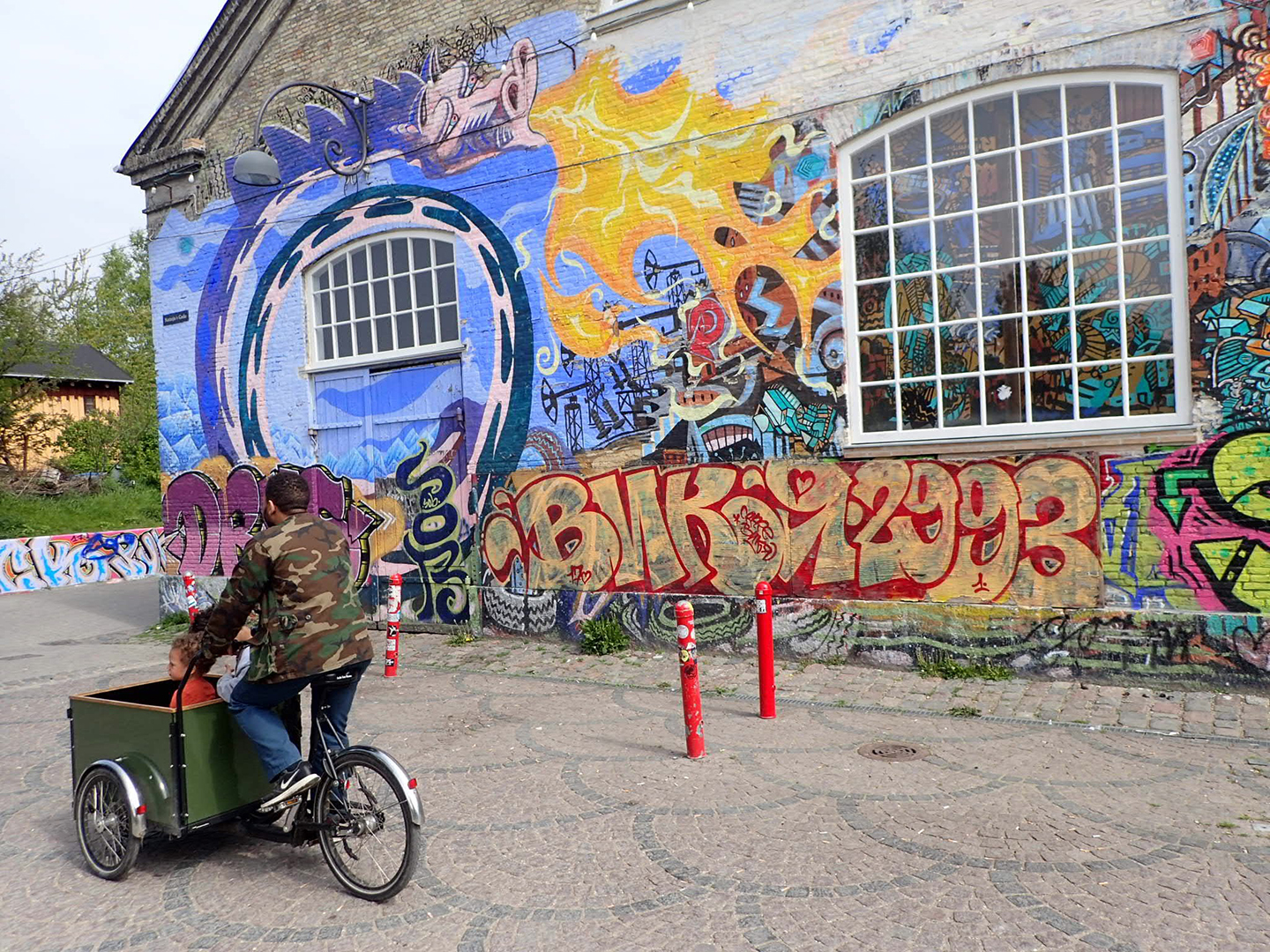- While John Lee Hooker plays “Boom Boom,” the camera goes on a little tour of the street, giving us shot after shot of storefronts, people, little objects. When I first saw this movie, I probably thought of this scene as a good time to go to the bathroom. Now I find it fascinating. Sometimes this movie seems to be doing the work of a documentary, giving us a picture of a time and a place, none more so than this scene.
- It’s not about the money. Sure, they need to get $5000 to save the orphanage, and that device fuels the plot and one legendary car chase that lasts approximately four minutes longer than my wife’s patience for car chases—but that’s not what this movie is about. What is it really about? The answer can be found in Sister Mary’s last line as she throws them out of the orphanage: “Get out!” she says, “and don’t come back until you’ve redeemed yourselves.” But do they really redeem themselves? More on that in a minute.
- You know the hero’s journey.

The hero starts at home, goes through the whole journey, and ends up back at home. If you look at The Blues Brothers through this lens, Joliet Jake’s home—his true home—is prison.
4. Have they redeemed themselves? Have they? The strongest case you could make without tying yourself in rhetorical knots is probably “somewhat” (although Carrie Fisher’s character might give a different answer). At first, I thought of this as sloppy storytelling, but now I’m wondering if that half-assery isn’t part of the point. Total redemption isn’t an option for any of us, the filmmakers might be saying. Human beings are agents of damage and destruction, even when we’re trying to do good—maybe especially when we’re trying to do good. In the end, all we can hope to do is to take care of the people who have taken care of us—the orphanage, the band—so that they, in turn, can take care of others. If we’re lucky, we leave a legacy of destruction and caretaking and joy-giving in equal measure. Some might call that balance.









